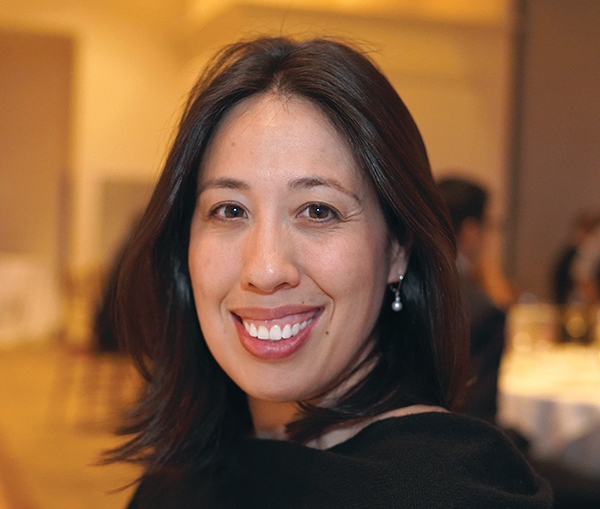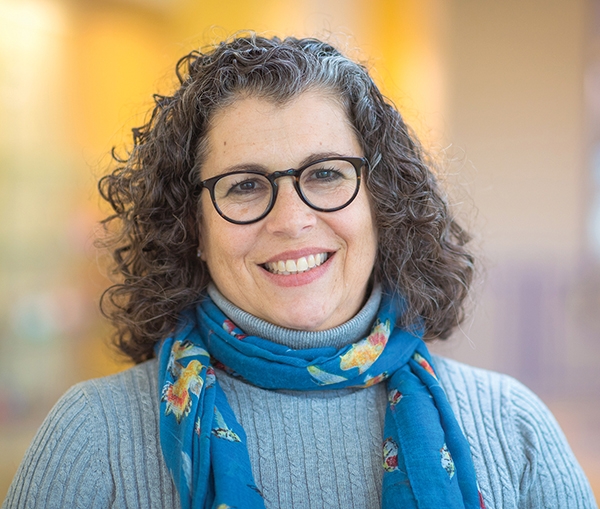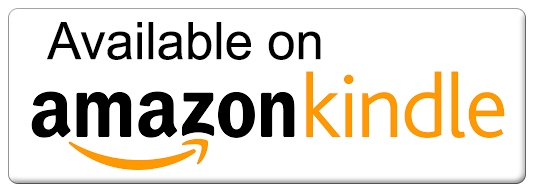Complementary Curriculum Approach: Transform Your Practice Through Intentional Teaching
| Canadian customers can now save on shipping by ordering through the distributor, Login Canada. |

The Complementary Curriculum Approach invites teachers to support children’s play and cultivate classroom environments with rich, interesting learning experiences at the core. Four strategic and powerful teaching intentions are presented. The goal is that teachers will invigorate their practice and enhance their own time and energy by using these fresh, interrelated tools.
“Drawing on the wisdom of pioneers in early childhood education and development, they take that wisdom and use it as ingredients to produce the feast in the classroom they call a “complementary curriculum”, all to “Create the beautiful spaces, offer the energizing choices, and seize the opportunities for playful learning that brought you into the field.” - their words that define their own beautiful mission” “The Complementary Curriculum Approach takes educational theories and practices that have strong foundations and uses a fresh look to bring them together to better meet the social-emotional and cognitive needs of all children by providing them with agency and choice.” “The Complementary Curriculum Approach shows us how to balance the best methodologies and integrate curriculum to truly create high-quality early childhood experiences like never before. This is a foundational text that needs to be on every educator’s bookshelf alongside the The Hundred Languages of Children, The Absorbent Mind, Mind and Society and Democracy and Education. Kuh and Chin Ponte serve to synthesize the history and future of education for our times just as Montessori, Vygotsky, Dewey and Malaguzzi did for theirs.” "Dripping with evocative stories from early childhood classrooms, Iris and Lisa draw on their history as educators and coaches to respond to the everyday frustrations teachers experience as they seek to create a "settled classroom" in which children's engagement and joy abounds. In this book, the authors show us how key theories and approaches in our field can complement each other to reveal powerful and practical solutions driven by clear intentions, rather than desperation." |
Table of Contents: IntroductionThe Search for the Settled Classroom
Early Childhood Legacies The Influences that Shape Complementary Curriculum
The Prepared Environment Old Norms, New Visions
The First Intention Compelling Materials
The Second Intention Explicit Presentation
The Third Intention Responsive Scaffolding
The Fourth Intention Following Children’s Interests
Finding the Settled Classroom Protecting Choice and Using Time Well
References |
 Iris Chin Ponte, Ph.D. is director and classroom teacher at the Henry Frost Children’s Program in Belmont, MA. She is an adjunct faculty member in the Graduate School of Education at Lesley University. Recognized as an Exchange Emerging Leader in 2015, Iris is a former Fulbright Scholar, with expertise in cross-cultural issues in education in the United States, the United Kingdom, Taiwan, China, Japan, and Newfoundland. She worked for Sesame Street Research at the Children’s Television Workshop in New York and has published in the areas of children and technology, behavior management, children’s play, outdoor environmental design, early education program leadership and birth parent reunions and heritage trips for adoptees in China. Dr. Ponte has received professional recognition from the Children’s Defense Fund, CBS, and the American Educational Research Association and was awarded the Thomas J. Watson IBM Fellowship. Iris Chin Ponte, Ph.D. is director and classroom teacher at the Henry Frost Children’s Program in Belmont, MA. She is an adjunct faculty member in the Graduate School of Education at Lesley University. Recognized as an Exchange Emerging Leader in 2015, Iris is a former Fulbright Scholar, with expertise in cross-cultural issues in education in the United States, the United Kingdom, Taiwan, China, Japan, and Newfoundland. She worked for Sesame Street Research at the Children’s Television Workshop in New York and has published in the areas of children and technology, behavior management, children’s play, outdoor environmental design, early education program leadership and birth parent reunions and heritage trips for adoptees in China. Dr. Ponte has received professional recognition from the Children’s Defense Fund, CBS, and the American Educational Research Association and was awarded the Thomas J. Watson IBM Fellowship. Lisa Porter Kuh, Ph.D. is currently an Instructional Coach with the Bezos Academy’s network of tuition-free Montessori preschools. She was the Director of Early Education for the city of Somerville, Massachusetts and worked with public, center-based, and Head Start preschool programs to create access to high quality early education opportunities. She has over thirty years of experience with young children as a classroom teacher, teacher educator, university professor and researcher, and professional developer. She is committed to supporting teachers, children, and families in providing quality places to learn, play, and grow. She has published and presented on the impact of outdoor playspaces and classroom environments for young children, teacher professional development, the Reggio Emilia approach and documentation, Montessori education, anti-bias education, as well as literacy and math content. Lisa Porter Kuh, Ph.D. is currently an Instructional Coach with the Bezos Academy’s network of tuition-free Montessori preschools. She was the Director of Early Education for the city of Somerville, Massachusetts and worked with public, center-based, and Head Start preschool programs to create access to high quality early education opportunities. She has over thirty years of experience with young children as a classroom teacher, teacher educator, university professor and researcher, and professional developer. She is committed to supporting teachers, children, and families in providing quality places to learn, play, and grow. She has published and presented on the impact of outdoor playspaces and classroom environments for young children, teacher professional development, the Reggio Emilia approach and documentation, Montessori education, anti-bias education, as well as literacy and math content. |

ISBN: 978-0-942702-77-4





